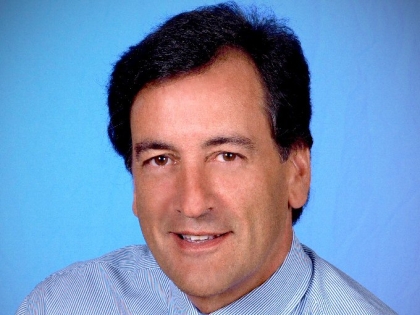
Senator Fuschillo Calls for Passage of Jack Shea’s Law
Charles J. Fuschillo Jr.
February 24, 2010
-
ISSUE:
- Drunk Driving
Bill named for Double Olympic Gold Medalist Jack Shea of Lake Placid, killed by a drunk driver who escaped prosecution through loophole in state law
State Senator Charles J. Fuschillo, Jr. today called for passage of “Jack Shea’s Law,” which would remove the requirement in current state law that a doctor supervise blood drawn in DWI cases. That unnecessary restriction is allowing many drunk drivers, even those who kill innocent people, to escape prosecution in New York State.
The proposed law is named after double Olympic gold medalist Jack Shea of Lake Placid, who was killed by a drunk driver in 2002. The driver who killed Shea had a blood alcohol level of .15, but because his blood had been drawn by a trained medical technician without a doctor present, that evidence could not be used against him and the prosecutor had to drop the charges.
Under the legislation (S.46-A), the following medical professionals would be authorized to withdraw blood to determine alcohol or drug content: a physician; a registered professional nurse; a registered physician’s assistant; a medical laboratory technician or medical technologist as classified by civil service; a phlebotomist; an advanced emergency medical technician as certified by the department of health; a medical laboratory technician or medical technologist employed by a clinical laboratory; a licensed practical nurse; and a nurse practitioner.
Senator Fuschillo, said, “Too often, drunk drivers who cause crashes or even death escape prosecution due to a technicality in the law. There are numerous licensed health professionals who are fully trained to take blood to determine alcohol content without the presence of a physician. This legislation would remove this unnecessary restriction and help police and prosecutors to better enforce laws against drunk driving.”
In New York State, there are numerous examples of the ongoing difficulties that law enforcement face in prosecuting DWI cases under current state law. The case surrounding the death of Jack Shea, the patriarch of a three-generation Olympic family who won his gold medals in speed skating in the 1932 Olympic Games, is one of the more well-known examples.
Jack Shea was killed on January 23, 2002 in a collision with the drunk driver near his home in Lake Placid. No doctor was on duty at the small regional clinic where both Shea and the drunk driver were brought for treatment after the crash. The physician’s assistant and the registered nurse on duty treated Shea, the more severely injured of the two, and an emergency medical technician drew the driver’s blood at the request of a police officer. The drunk driver consented, and his level showed a .15 BAC.
Because there was no doctor present, ultimately, the district attorney was not able to use the blood as evidence and the charges against the driver were dismissed. The district attorney appealed the ruling but the Appellate Court felt compelled to uphold the suppression of evidence due to current law. The Appellate Judge, however, called on the Legislature to amend the statute to remedy what they saw as an unnecessary restriction in the law.
Senator Fuschillo’s legislation is supported by the District Attorney’s Association of the State of New York (see attached support memo below).
# # #
Share this Article or Press Release
Newsroom
Go to Newsroom
